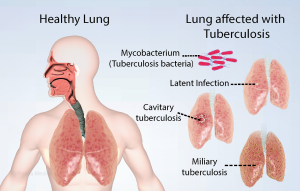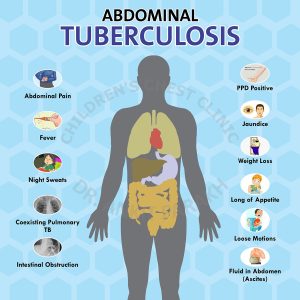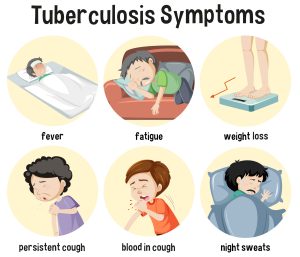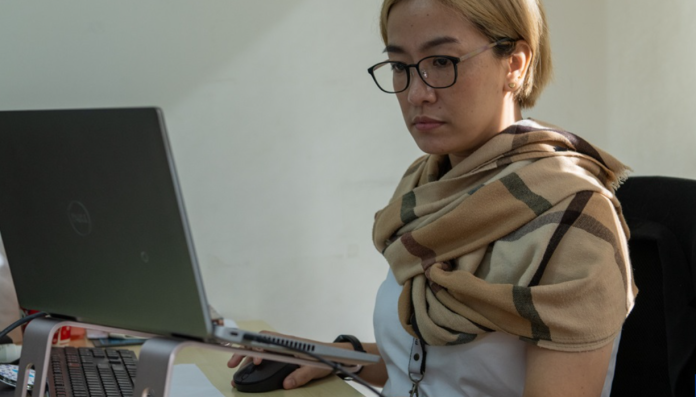Mildred Fernando Pancho was in her last semester of college in the Philippines when she started experiencing flu-like symptoms and a chronic cough.
 At the time, her father was battling tuberculosis (TB) and he advised her to see a doctor right away. Mildred found out that she also had TB – an infectious disease that most often affects the lungs and is spread through the air when those infected with the bacteria (mycobacterium tuberculosis) cough, sneeze or spit.
At the time, her father was battling tuberculosis (TB) and he advised her to see a doctor right away. Mildred found out that she also had TB – an infectious disease that most often affects the lungs and is spread through the air when those infected with the bacteria (mycobacterium tuberculosis) cough, sneeze or spit.
Mildred began treatment for TB, but none of her physicians did a culture test to see if the TB-causing bacteria in her lungs were resistant to the antibiotics she was given. She took the daily medicines as prescribed, but did not get better.
 Novel rapid diagnostic tests, which can detect drug resistance within hours, were not yet available at the time she was diagnosed.
Novel rapid diagnostic tests, which can detect drug resistance within hours, were not yet available at the time she was diagnosed.
TB is an infectious disease that most often affects the lungs and is spread through the air when those infected cough, sneeze or spit
“During the first five years, I was beginning to lose hope,” says Mildred. “I was never declared cured by the doctor. I just continued taking the drugs.”
Results later showed that her TB was resistant to all first-line TB drugs and even some of the second-line treatments. When there were no more options available, she was referred to the Tropical Disease Foundation in Manila where she underwent 18 months of treatment. Despite the lengthy treatment, she later relapsed.
A decade passed before she was finally free of TB, but the drugs contributed to profound hearing loss requiring her to use hearing aids
A decade passed before she was finally free of multidrug-resistant TB, but it came with huge costs. When drug resistance occurs, the treatment requires newer medicines that often have severe side-effects. For Mildred, the drugs contributed to profound hearing loss requiring her to use hearing aids to help with daily conversation.
 Living through the pain of stigma and discrimination
Living through the pain of stigma and discrimination
People with TB and survivors of TB often face stigma, discrimination and financial hardship. After Mildred was diagnosed, she was unemployed for seven years and therefore could not contribute to the cost of her private medical care. Her eldest sister struggled financially to pay for Mildred’s medical care, transportation and housing, often resorting to using credit cards to make ends meet.
People with TB and survivors of TB often face stigma, discrimination and financial hardship
Although she eventually received free treatment at the Tropical Disease Foundation, there were still significant expenses to contend with. “I am thankful that I received free treatment because the medicines are free, the consultations with doctors are free, and the laboratory tests are free,” she explains. “But the out-of-pocket expenses, like daily transportation to doctors’ appointments, we had to shoulder.”
Once she was cured Mildred continued to look for work but could never pass the initial chest x-ray TB screening that is required by many employers in the Philippines, and when she applied to private organizations, she was not hired due to the social stigma associated with being someone who once had TB.
It’s been more than 10 years since I was cured of TB, but the stigma and the discrimination are there
“I was hoping that the public was ready for TB survivors like us,” she shares. “I never denied that I had TB, that I received treatment, but I guess they are not yet ready.
“It’s been more than 10 years since I was cured of TB, but the pain is still there. The stigma and the discrimination are there.”
Source: WHO


